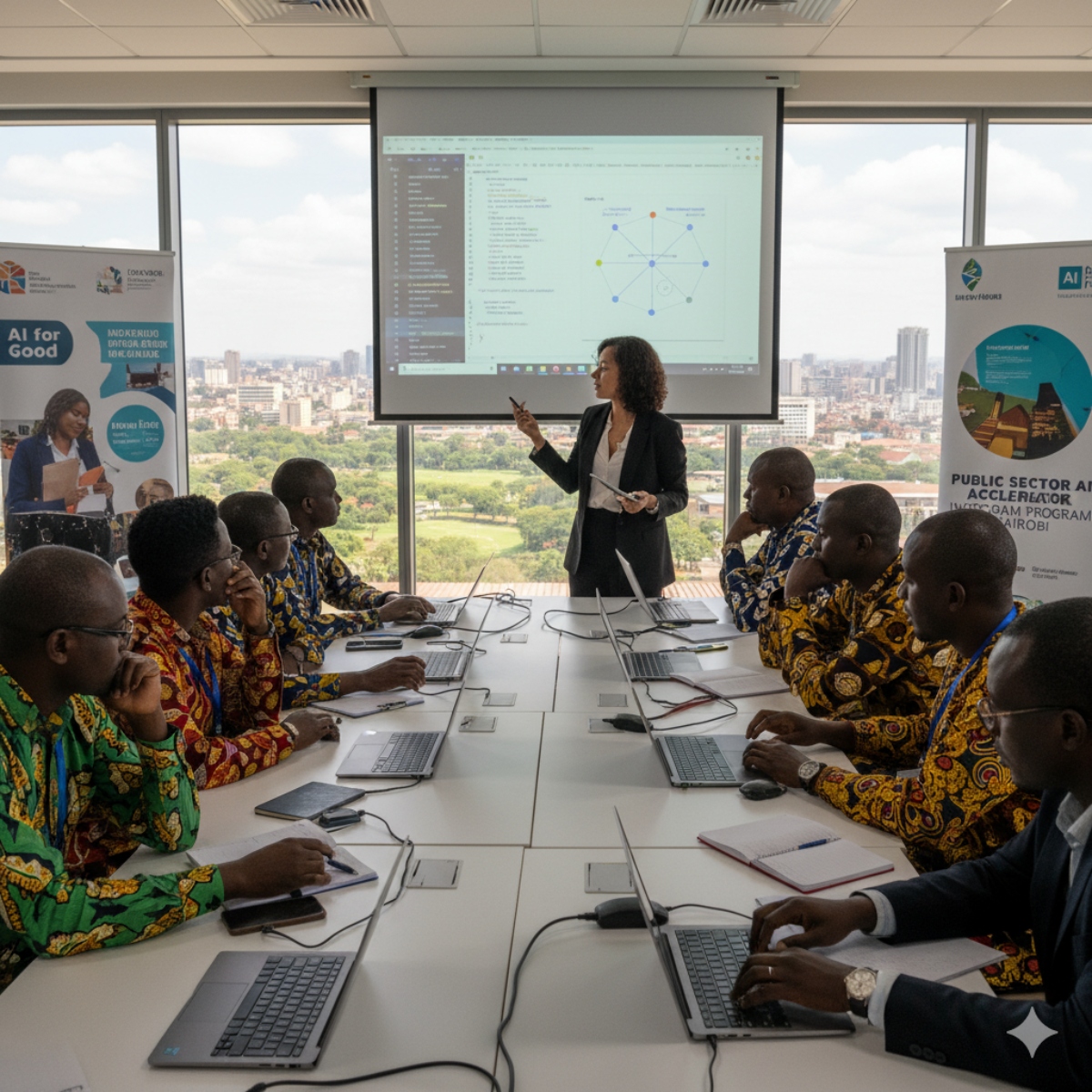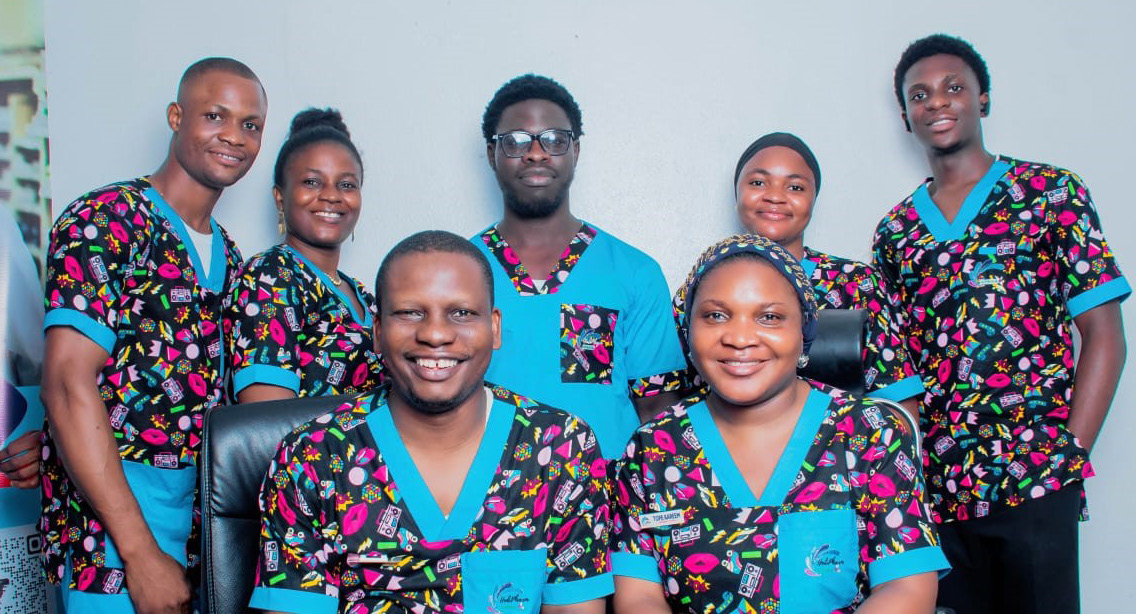Lagos, Nigeria — In a groundbreaking move set to democratize digital access for small and medium enterprises across Nigeria, tech startup Kofounda has unveiled an innovative voice-powered website builder that allows users to create fully functional websites using only their voice.
The platform represents a significant leap forward in accessible technology, eliminating the traditional barriers that have long prevented many Nigerian entrepreneurs from establishing an online presence. Users can now simply speak their requirements, and the platform transforms their verbal instructions into professional websites without requiring any coding knowledge or technical expertise.
Building on Success
Kofounda’s launch comes on the heels of parent company Zeustek Global’s impressive victory in Microsoft’s Generative AI Challenge, where the company secured $250,000 in funding. This win has provided crucial resources to accelerate the development and deployment of AI-driven solutions tailored for the African market.
The timing of Kofounda’s launch is particularly significant as Nigeria continues to cement its position as Africa’s leading technology hub, with startups increasingly focusing on solutions that address local challenges through innovative technology.
Breaking Language Barriers
What sets Kofounda apart from conventional website builders is its support for multiple Nigerian languages. Recognizing that English proficiency can be a barrier for many small business owners, particularly those in rural areas or traditional markets, the platform has been designed to accommodate the linguistic diversity of Nigeria’s population.
This multilingual approach ensures that traders, artisans, and entrepreneurs who may be more comfortable expressing themselves in indigenous languages can still harness the power of digital technology to grow their businesses. The feature represents a conscious effort to ensure technology serves everyone, not just the digitally literate urban elite.
Empowering SMEs in the Digital Economy
Small and medium enterprises form the backbone of Nigeria’s economy, accounting for nearly half of the country’s GDP and employing millions of people. However, many of these businesses have struggled to establish an online presence due to the technical complexity and costs associated with traditional website development.
Kofounda’s voice-powered solution addresses this gap by dramatically reducing the time, cost, and technical knowledge required to launch a website. Entrepreneurs can now focus on describing their business, products, and services in natural language, while the AI-powered platform handles the technical implementation.
The Future of Inclusive Technology
Industry experts view Kofounda’s innovation as part of a broader trend toward more inclusive technology solutions in Africa. By leveraging voice recognition and artificial intelligence, the platform exemplifies how emerging technologies can be adapted to meet local needs and overcome traditional barriers to digital adoption.
“Voice-powered tools are not just a convenience; they’re a necessity in markets where digital literacy and internet access vary widely,” noted technology analysts familiar with the African startup ecosystem. “Kofounda’s approach could serve as a model for other developers looking to create truly accessible solutions.”
Looking Ahead
As Kofounda rolls out its platform, the startup joins a growing community of Nigerian tech companies using AI and machine learning to solve local challenges. With the backing of Microsoft’s challenge funding and the technical infrastructure developed by Zeustek Global, the company appears well-positioned to scale its solution across Nigeria and potentially into other African markets.
For Nigeria’s millions of small business owners who have long dreamed of taking their enterprises online, Kofounda’s voice-powered website builder may finally provide the accessible, affordable gateway they’ve been waiting for. As the platform gains traction, it could play a pivotal role in accelerating Nigeria’s digital transformation and bringing more entrepreneurs into the online economy.
The success of this venture will likely inspire other developers to think creatively about how emerging technologies can be made more accessible, potentially setting off a wave of innovation focused on bridging the digital divide through voice-enabled solutions tailored for African markets.




